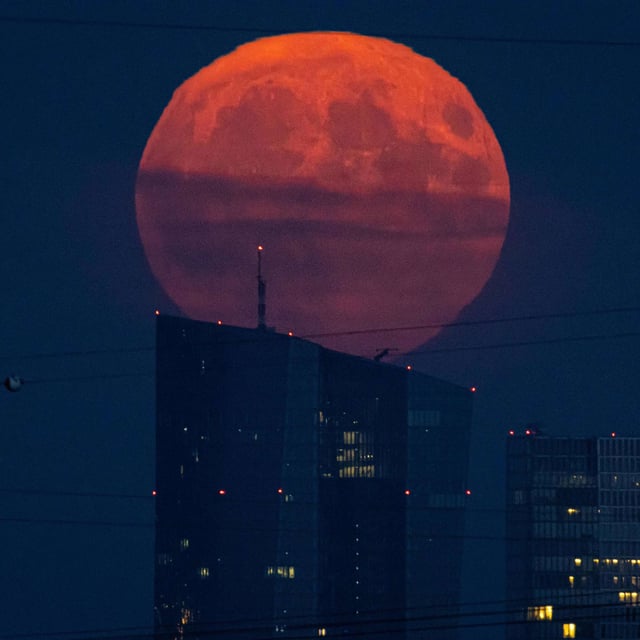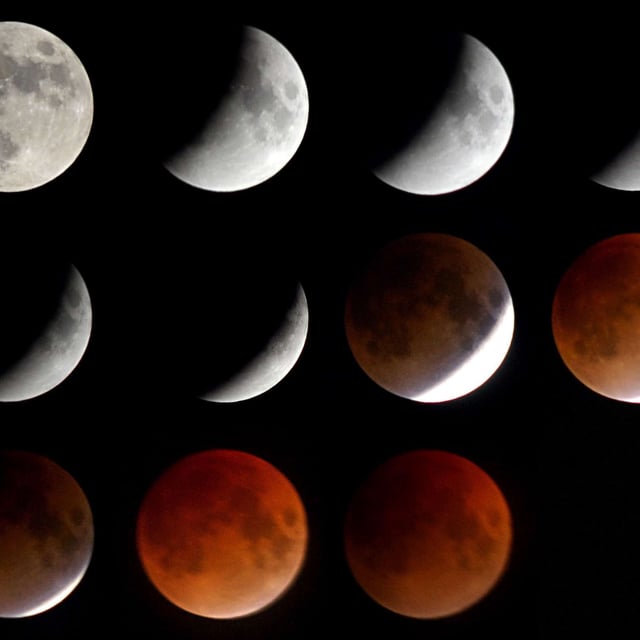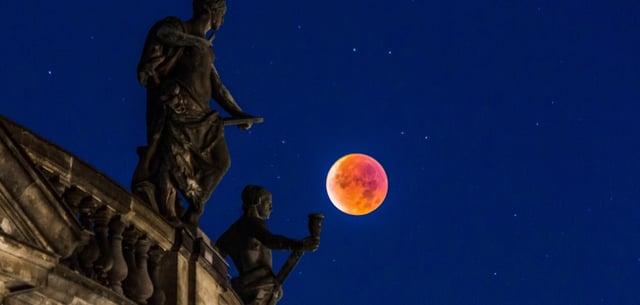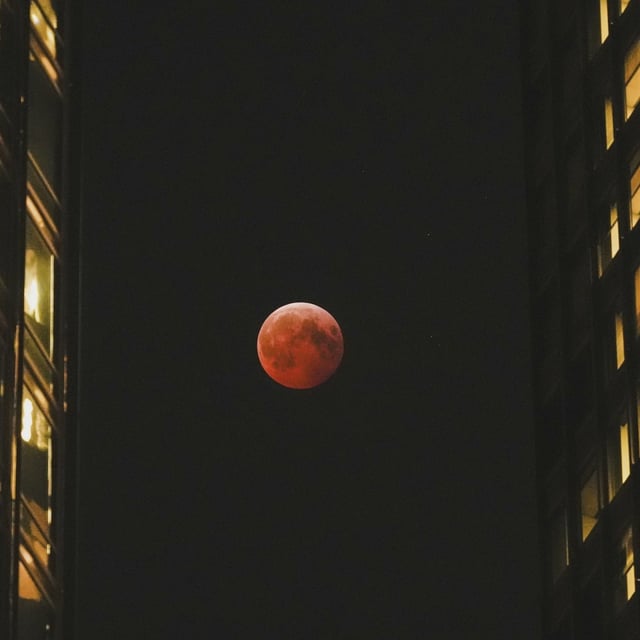Overview
- Totality lasts about 1 hour 22 minutes, with maximum around 20:11–20:12 MESZ and the Moon already in total eclipse as it rises across much of Central Europe.
- In Germany only the second half is visible; moonrise is about 19:37 in Berlin, 19:40 in Munich, 19:52 in Hamburg, and 20:01 in Cologne, with totality ending near 20:53 and umbral exit around 21:57.
- The reddish hue results from sunlight refracted and scattered through Earth’s atmosphere, which lets primarily red wavelengths reach the lunar surface.
- Good viewing depends on clear weather and an unobstructed low western horizon; binoculars or a small telescope can enhance detail, and darker parks or hilltops improve contrast.
- Observing options and guidance are offered by astronomy groups and sites such as the Sternenpark Rhön, Volkssternwarte Darmstadt, and Astronomie Stiftung Trebur, with future dates including a partial eclipse on 28 Aug 2026 and total events on 31 Dec 2028 and 20 Dec 2029.



